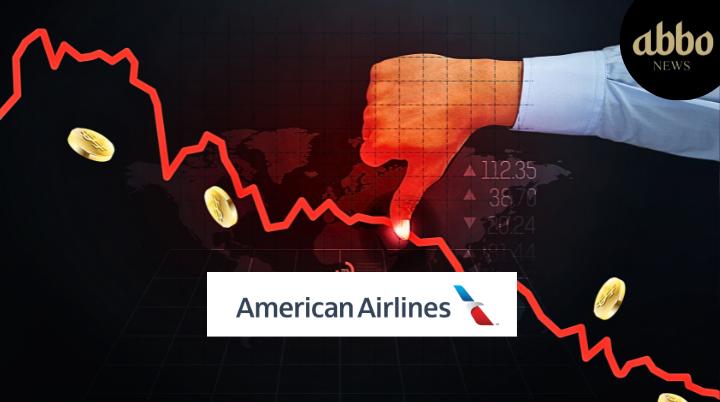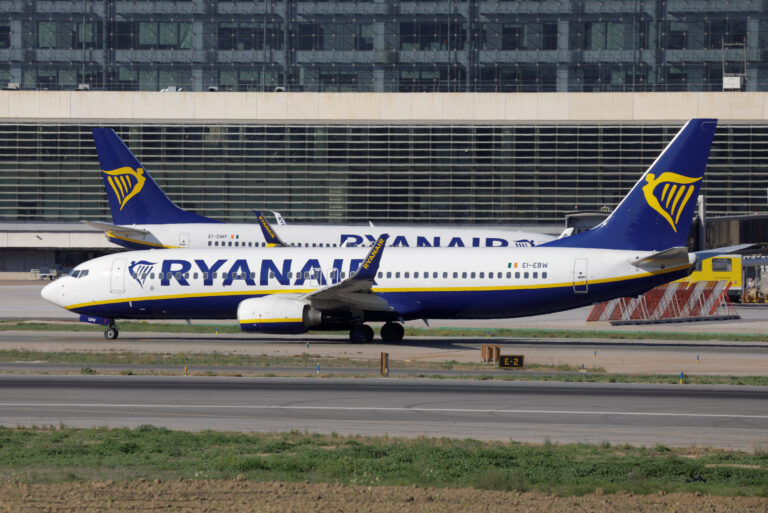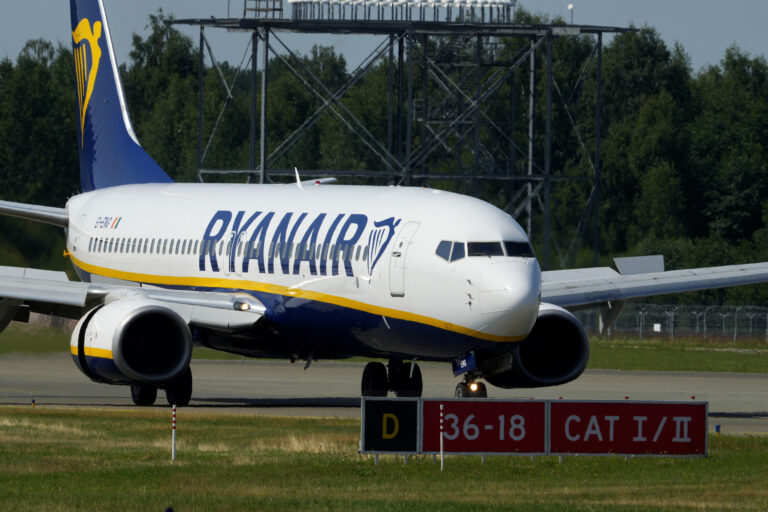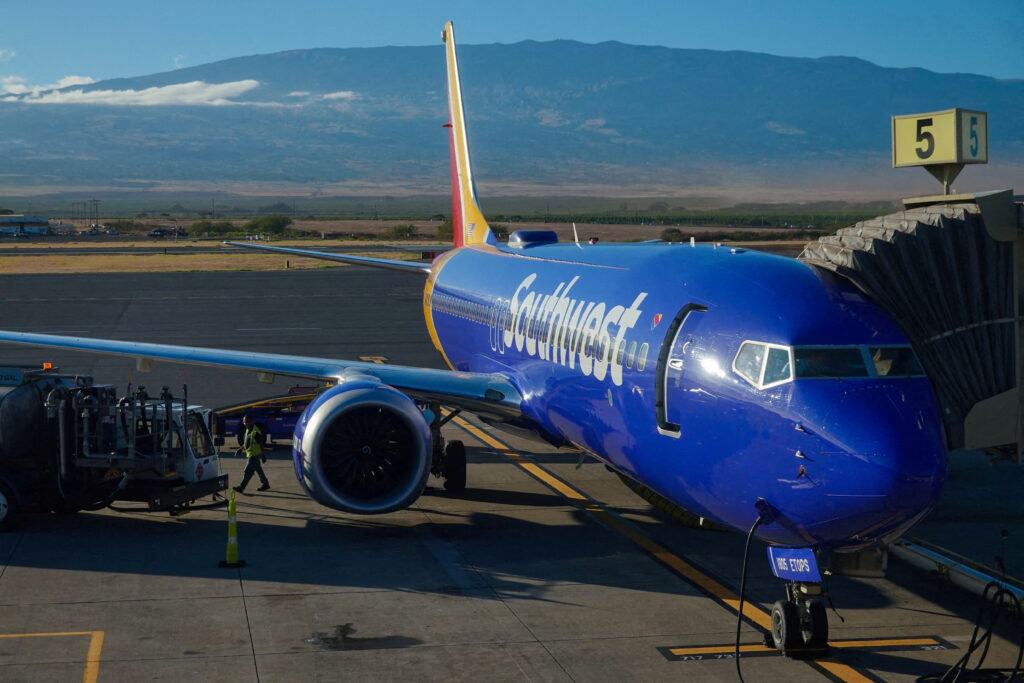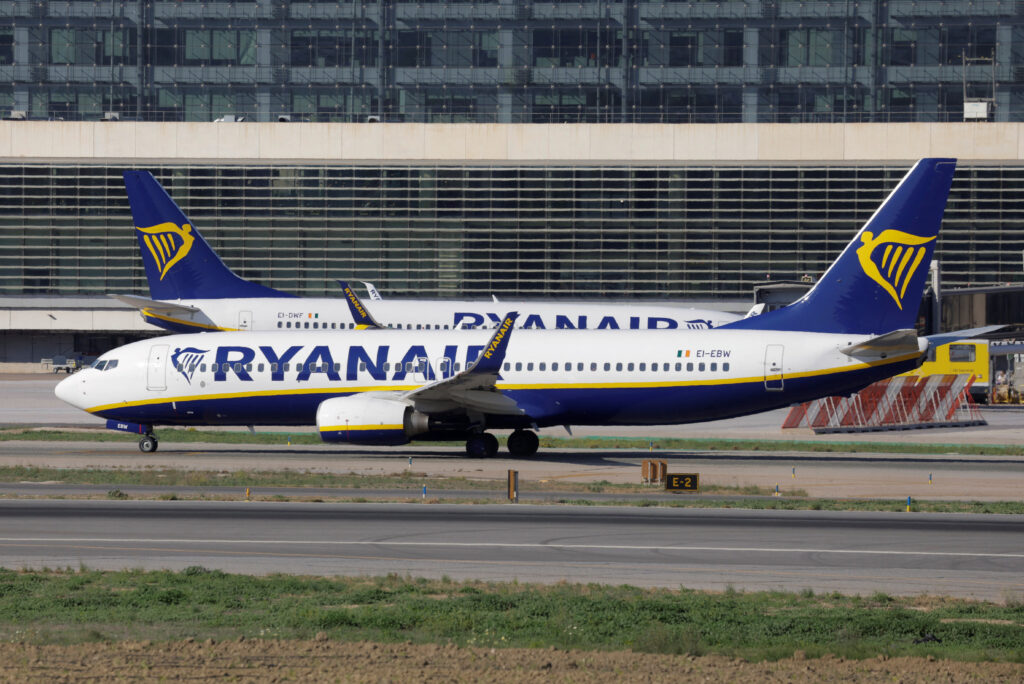Can you still buy Spirit Airlines stock, even after all the drama that’s happened over the past year or so? The short answer is no, you cannot buy Spirit Airlines stock because the company is no longer listed on the stock exchange after its notorious bankruptcy last year. The long answer, however, is kind of; the stock still exists in an OTC format. What does that mean? Let’s break it all down below.
What happened to Spirit Airlines’ stock?
Before diving into how to buy the stock, it’s worth revisiting how Spirit Airlines got here. Once a major player in the budget travel market, Spirit’s rapid rise and fall were shaped by its aggressive pricing model, mounting operational challenges, and a failed merger attempt that left investors scrambling. That, coupled with rising prices across the board for industrial components over the last few years, because somewhat of a death sentence.
Business model in brief
Spirit operated on what’s known as an ultra-low-cost carrier (ULCC) model. This means:
- Base fares were significantly lower than those of legacy carriers.
- Almost everything beyond a seat and a seatbelt—carry-on baggage, water, seat selection—came with added fees.
- Planes were typically configured for high passenger density to maximize revenue per flight.
This strategy worked during times of strong demand and low input costs, just like many businesses with small margins. But as oil prices surged and competitors added similar low-cost offerings, Spirit’s margins thinned. The business model, while lean, left little room for error, and when errors occurred, sometimes outside of their control, it created a bad mix of variables leading to its rise and downfall. Remember, Spirit Airlines isn’t doing revolutionary things like SpaceX, they are simply a low-cost airline trying to run on low margins.
Timeline to bankruptcy
Over the past two years, Spirit Airlines faced a convergence of financial, strategic, and operational setbacks that steadily eroded investor confidence and liquidity.
| Key Challenge | Details |
|---|---|
| Mounting quarterly losses | Spirit struggled to manage rising fuel prices, labor costs, and narrowing margins. Its ultra-low-cost model left little room for error, especially as inflation pushed aviation expenses higher. |
| Failed JetBlue merger | The proposed JetBlue acquisition, seen as a financial lifeline, was blocked by regulators in early 2024. Without the merger, Spirit lost access to capital and scale benefits, and investor confidence dropped. |
| Credit downgrades and liquidity crisis | Weakened cash flow led to downgrades from credit agencies. Lenders pulled back, refinancing options vanished, and the airline slipped into a liquidity crunch that accelerated its decline. |
Spirit Airlines stock price timeline
To understand the scale and speed of Spirit’s decline, it helps to look at the stock’s performance over time. From early 2022 through its bankruptcy filing in late 2024 and beyond, Spirit’s share price reflected mounting investor uncertainty and the fallout from regulatory setbacks, rising costs, and liquidity pressures. The timeline below highlights key moments in the company’s financial unraveling, providing important context for those evaluating SAVEQ in 2025.
By late 2024, Spirit filed for Chapter 11 bankruptcy protection in an effort to restructure its debts and keep operations running while sorting out its balance sheet. The company’s NYSE-listed stock was delisted shortly thereafter and began trading over the counter under the ticker SAVEQ.
Can you still buy Spirit Airlines stock?
Yes, but not by buying on a public exchange, like most individuals are used to. Following its delisting from the New York Stock Exchange, Spirit Airlines stock now trades on the over-the-counter (OTC) market under the ticker symbol SAVEQ. OTC stocks are notoriously risky and rife with fraud, as illustrated in The Wolf of Wall Street, where they were referred to as “pink slips”. While it’s still technically accessible to retail and institutional investors, it exists in a very different environment than traditional blue-chip stocks.
What does OTC mean?
OTC stocks aren’t traded on centralized exchanges like the NYSE or Nasdaq. Instead, they’re bought and sold through a decentralized dealer network, where brokers fill orders directly or through market makers. This structure creates several unique challenges:
- Lower liquidity: Fewer buyers and sellers can make it harder to trade, especially in large volumes.
- Higher volatility: Prices can swing sharply on low volume or speculative news.
- Less transparency: OTC companies file fewer reports, have limited analyst coverage, and offer less financial visibility.
A key factor with SAVEQ is its bankruptcy status. Under Chapter 11, common shareholders are last in line—behind lenders, bondholders, and other creditors. Unless the restructuring plan protects equity (which is rare), these shares could ultimately be worthless.
Is it legal to buy SAVEQ?
Yes, you can legally buy Spirit Airlines stock while it trades OTC. But most brokers will warn you—investing in a bankrupt company like SAVEQ carries a high risk of total loss and may require signing a risk acknowledgment. Buying SAVEQ is easy, but the strategy behind it isn’t. You’re not betting on growth, you’re gambling on what might survive after bankruptcy. It’s less long-term investing and more high-stakes speculation like exotic options trading.
How to buy Spirit Airlines Stock OTC
Buying Spirit Airlines stock today isn’t as straightforward as punching in a ticker on your favorite trading app. Because the stock now trades OTC as SAVEQ—and is tied up in bankruptcy proceedings—investors need to take a few extra steps and precautions. If you’re still interested in taking a position despite the risks, here’s a detailed walkthrough of how to do it the right way.
1. Choose a broker that supports OTC trades
Not all brokerages offer access to over-the-counter stocks like SAVEQ. Many app-based platforms, such as Robinhood or SoFi, don’t support OTC trading, especially for bankrupt or high-risk securities. That’s because trading these stocks requires more regulatory oversight and infrastructure. To buy Spirit Airlines stock, you’ll need a broker that supports OTC Markets Group securities, particularly those on the Pink Sheets, and provides the proper risk disclosures to navigate this kind of trade.
Here are four major brokerages that do:
| Broker | Details |
|---|---|
| Charles Schwab | Provides access to most OTC securities, including distressed and low-liquidity stocks. Offers detailed disclosures for high-risk trades like SAVEQ and 24/7 customer support to assist with complex scenarios. |
| TD Ameritrade | Now owned by Schwab but still operates independently. Known for its OTC-friendly platform (thinkorswim) and solid educational tools. May require risk acknowledgments for SAVEQ but typically processes trades quickly. |
| Fidelity | Allows trading of many OTC stocks, including SAVEQ. Often requires limit orders for thinly traded equities to protect against price slippage. Offers strong research tools for under-the-radar stocks. |
| Interactive Brokers (IBKR) | Offers wide access to OTC markets and advanced order types. Ideal for experienced or international investors. The platform is powerful but complex, making it less suitable for beginners. |
Before opening an account or placing a trade, it’s essential to verify that your broker does indeed support SAVEQ specifically. Just because a platform handles OTC trades doesn’t mean every OTC ticker is accessible. Each firm has its own risk thresholds, account requirements, and internal restrictions on what can be traded and under what conditions. Always check first and read the fine print as the fine print ALWAYS tells the whole story.
2. Understand the risks and disclosure limits
Spirit Airlines, under the SAVEQ ticker, is a bankrupt company in Chapter 11, meaning its capital structure could be completely reshaped, and common shareholders are last in line. There’s a real risk the stock could be wiped out during restructuring. Adding to the risk, SAVEQ trades over-the-counter, where transparency is limited. The company no longer follows NYSE reporting rules, so updates are sparse and may come through court filings rather than investor channels.
3. Fund your account and place an order
Once you’ve chosen a broker and accepted the risk disclosures, fund your account to cover the shares and any fees. When placing your order, consider using a limit order instead of a market order: OTC stocks like SAVEQ have lower liquidity, and limit orders help you avoid overpaying in thin markets.
Also, keep in mind:
- Some platforms require acknowledgment of risk before executing a SAVEQ order.
- Position sizes may be limited by your account type or margin agreement.
- You may not be able to set automatic stop-loss orders due to the OTC status.
What to watch if you’re holding SAVEQ
Investors who own SAVEQ need to monitor the bankruptcy proceedings closely. Here are some key factors to keep an eye on:
Restructuring news
If Spirit Airlines successfully restructures, it could reemerge as a leaner, possibly relisted company. This process often includes cutting debt through creditor negotiations, selling unprofitable assets, and streamlining operations. News of court approval or financing could cause SAVEQ to swing sharply up if equity survives, or down if it doesn’t.
SEC filings (Form 8-K or restructuring updates)
Though disclosure is reduced, the company may still issue 8-K forms regarding major changes like asset sales, leadership transitions, or debtor-in-possession financing. These can affect stock valuation.
Competing bids or acquisition rumors
Spirit has been a takeover target before. A distressed valuation may attract another suitor, either for its assets or routes. If this happens, SAVEQ could spike temporarily on speculative volume.
How SAVEQ has traded since delisting
Since Spirit Airlines’ delisting from the NYSE in November 2024 and its transition to over-the-counter (OTC) trading under the ticker SAVEQ, the stock has experienced significant volatility. Initially, the share price plummeted, reflecting investor concerns over the company’s financial health and the uncertainties surrounding its bankruptcy proceedings. The following chart illustrates the stock’s performance during this tumultuous period, highlighting key events that impacted its valuation.
Who should and shouldn’t buy SAVEQ?
SAVEQ isn’t a typical stock pick—it’s a speculative play on a bankrupt airline with an uncertain future. While it may appeal to some investors with a high risk tolerance and a sharp eye for distressed assets, it’s definitely not for everyone. Here’s a quick breakdown of who might consider buying—and who should steer clear.
Pros and Cons to Keep in Mind
Thinking about trading SAVEQ? Here are some reasons to consider—or avoid—it:
PROS
- You’re comfortable with high-risk, high-volatility investments.
- You have experience trading distressed or bankruptcy-stage assets.
- You’re betting on a turnaround, restructuring, or acquisition outcome.
- You’re looking to speculate with a small, controlled portion of your portfolio.
CONS
- You’re risk-averse or prefer long-term, stable investments.
- You expect consistent financial reporting or analyst coverage.
- You’re unfamiliar with OTC trading mechanics or bankruptcy risk.
- You’re investing retirement savings or emergency funds.
So, should you go the OTC route to invest in Spirit Airlines?
The answer to this is probably no, unless you are a really smart investor who specializes in OTC. OTC stocks are not regulated at all, basically, and thus are susceptible to all sorts of variables that aren’t transparent. Remember, if Spirit Airlines was a great company to begin with, they would still be traded on one of the major public exchanges rather than under a different name as an OTC stock. SAVEQ is an honorable idea, but that doesn’t mean it’s worth the risk. That being said, sometimes smart investors can risk money on an OTC stock and turn out great. That being said, if you want exposure to cheap air travel and the airline industry in aggregate, it’s safer to buy one of the blue-chip airline stocks or ETFs that are tied to airline stocks, rather than betting on a “pink slip”.
FAQ
Can SAVEQ stock be held in retirement accounts like IRAs?
Most IRAs and retirement accounts restrict access to over-the-counter (OTC) securities, especially those involving bankrupt or high-risk stocks. Even if your custodian technically allows OTC holdings, SAVEQ may not meet the eligibility criteria due to its speculative nature. Always check with your brokerage before attempting to hold OTC stocks in a tax-advantaged account.
What happens to SAVEQ stock if Spirit Airlines is liquidated?
If Spirit enters liquidation instead of restructuring, the company’s assets are sold to pay creditors. In that process, common shareholders are last in line and typically receive nothing. If liquidation occurs, SAVEQ shares would almost certainly become worthless and be delisted from even OTC markets.



